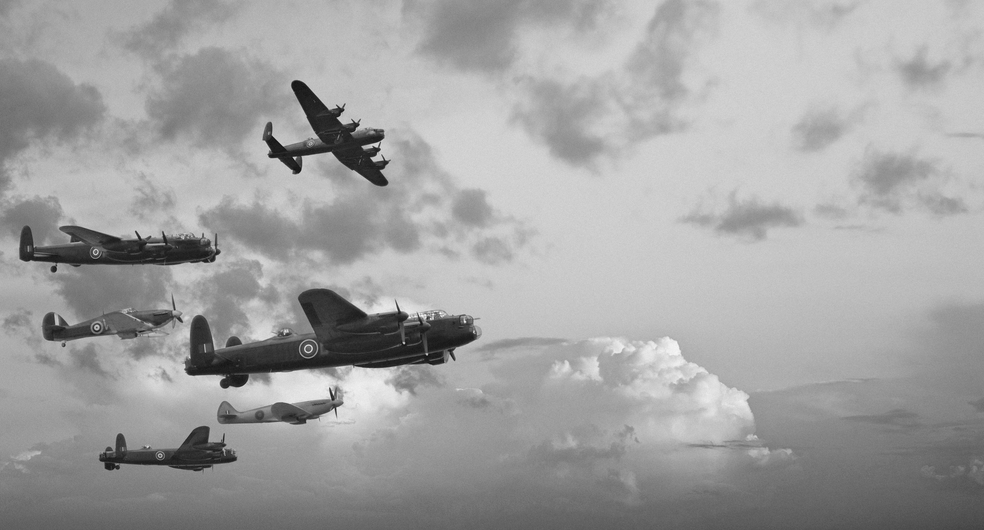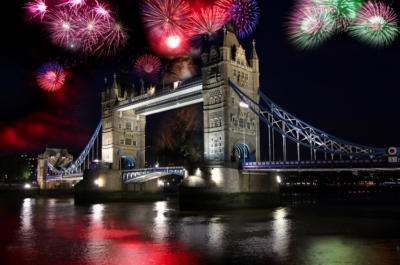Britain has such a long, rich and varied history that you could spend months, if not years, getting round to celebrating all of the country's most mem
Britain has such a long, rich and varied history that you could spend months, if not years, getting round to celebrating all of the country’s most memorable historical events. Britain has been at the forefront of so many important milestones in history, and they are ideal for celebrating, whether you are British or a visitor from another country who appreciates that weight of history.
Here are a few suggestions for you:
The Battle of Britain
The aftermath of the second world war lay heavily on Britain for several decades, after it ended in victory against Germany and its allies in 1945. There are many who argue that without the bravery, skill and daring of the country’s young fighter pilots in 1940, who fought for four months to control the skies against the Luftwaffe, the German air force, the war could well have been lost.
There were 15 countries that contributed to the air operations – including both aircrew and ground crew – and with contributions from occupied countries such as Czechoslovakia, Poland and many members of the Commonwealth, the battle for the skies was won.
The Battle of Britain 75th anniversary has been marked with a commemorative medal, paying tribute to all those men and women who played a crucial part in that battle. If you want to feel part of this important British history and help future generations understand the sacrifices made, this medal will be a reminder of those dark but ultimately successful days at the start of the war.
Remembrance Day
The end of the first world war in 1918, on the “eleventh hour of the eleventh day of the eleventh month” has played an important role in Britain’s historical celebrations. Known as Remembrance Sunday and taking place on the Sunday nearest to 11 November, it is a tribute to the many millions who died in the European conflict. Marked by ceremonies at the Cenotaph in London and in cities, towns and villages throughout much of the world, it’s a time to remember and celebrate the lives of those who would never return.
New Year’s Eve
When the year turns (as you may have noticed it does every year at the end of December) a new segment of history unfurls. No one knows what will happen; you might make resolutions that will gradually unravel, but Britain does its celebrations particularly well. From the spectacular fireworks and parties in Edinburgh and London to the jubilant crowds thronging the centres of Cardiff and Belfast, these are celebrations that reference the past but look forward with hope to the future.
Burns’ Night
This is a great Scottish tradition celebrated worldwide to remember the poetry of Robbie Burns. He has a special place in literary history and celebrations include a special supper on 25 January with poetry readings of the great man, and many, often whiskey-based, toasts. Go to a Burns’ Night and the chances are you’ll hear bagpipes, and eat haggis, turnips and potatoes (the last two known as “neeps” and “tatties”). Haggis is basically bits of sheep, seasoned and formed like a large sausage – extremely tasty according to many who have eaten it.
The Queen’s birthday
This has been celebrated since 1748, and although the Queen’s birthday is actually on 21 April, the celebrations take place in June. The event takes place whether there is a king or queen on the throne and it’s a long-standing historical tradition. The royal family attends the Trooping the Colour, a popular military parade.
You can find many more celebrations of British history at all times of the year. Look out for air shows, naval displays and small village events to bring you closer to knowing the depth of history that the country has.




















































































































COMMENTS